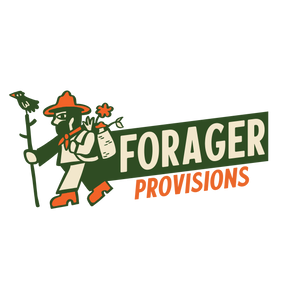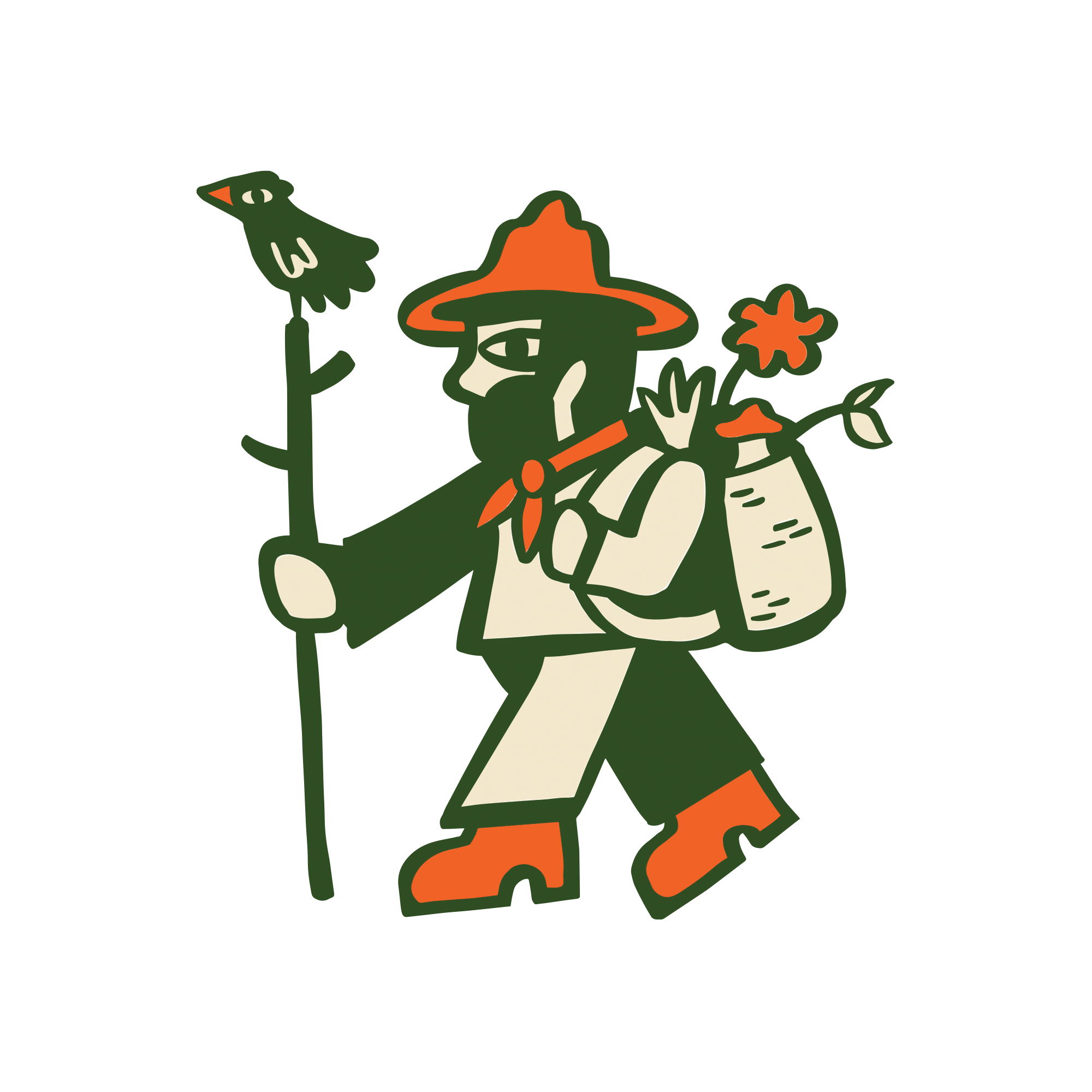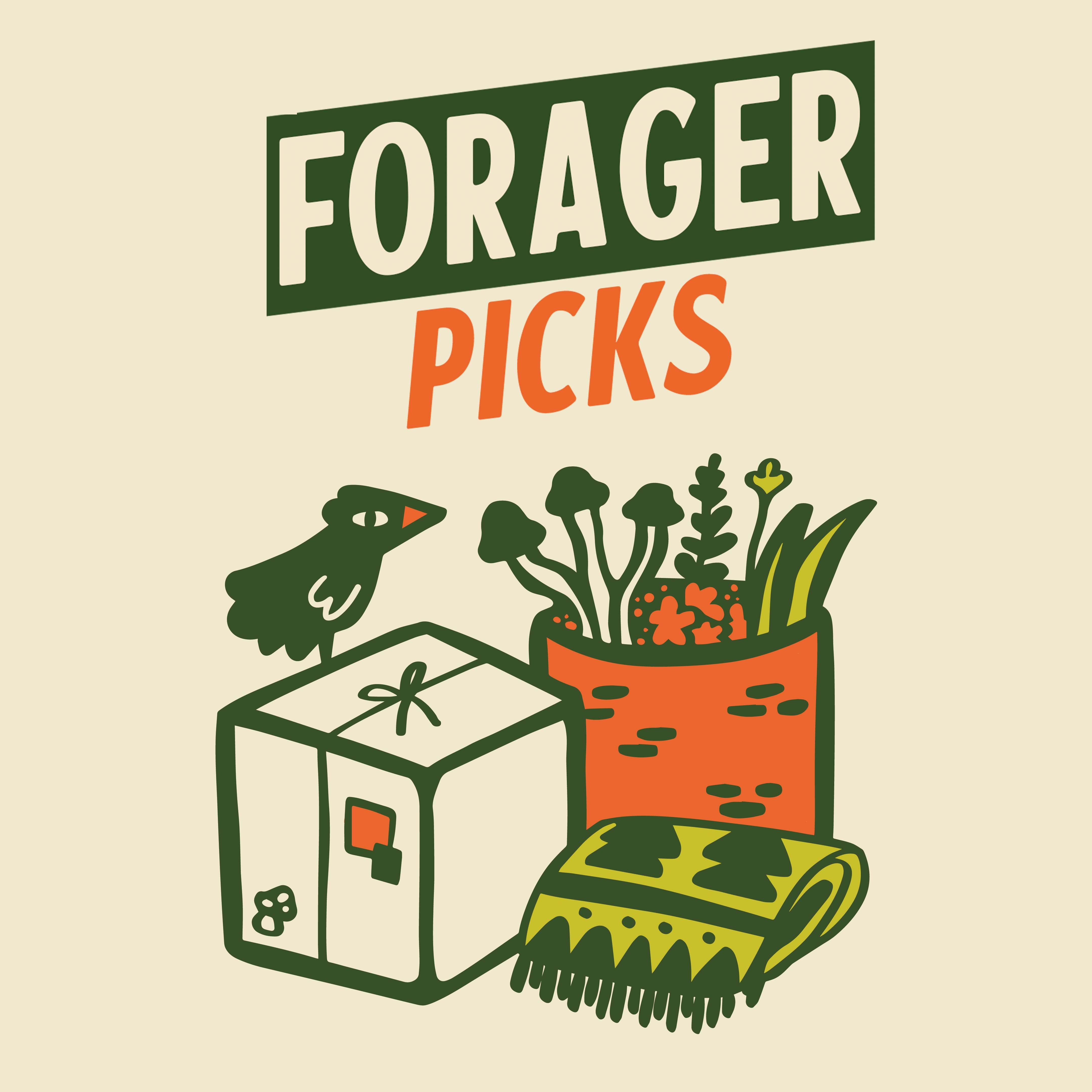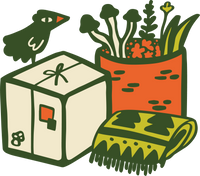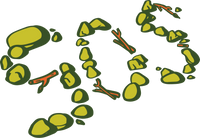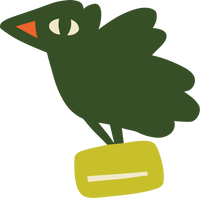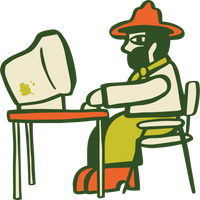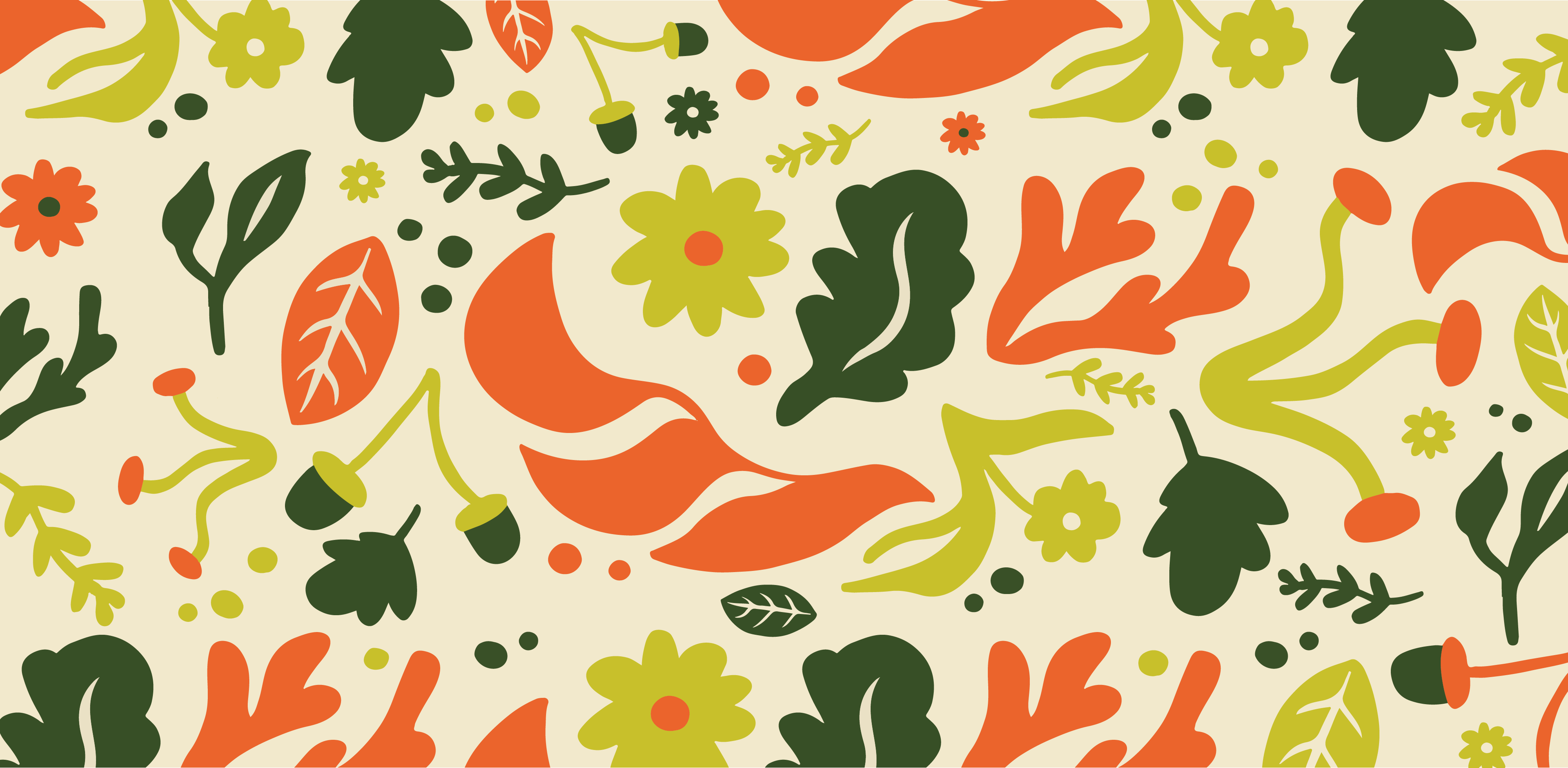Have you ever wondered about the fascinating world of beekeeping and the delicious honey that comes from it? Ollie’s Honey Co is a renowned company that specializes in producing high-quality honey while also promoting sustainable beekeeping practices. Let’s dive into the intricate world of beekeeping and learn more about Ollie’s Honey Co.

How are you as a beekeeper contributing to the health of honeybees?
My job as a beekeeper is to look after my bees and help them to thrive as much as possible. By managing my hives I help the colonies grow strong and healthy, making sure they're free from disease and ensuring they have plenty of space and have plenty of honey stores. By managing the hives properly beekeepers help prevent the spread of diseases like European or American foulbrood, which can be devastating for honey bees if it spreads.
How long does it take to produce a jar of honey?
It's hard to say exactly – how quickly the bees make their honey depends on a lot of different things like the time of year, the weather, what forage is in bloom, how healthy the colony is doing etc.
The bees usually start foraging around April and then hopefully by the end of June/beginning of July there'll be some excess honey to extract. Sometimes we'll be lucky enough to do a second (and occasionally a third) extraction around September.
Fun fact... it takes twelve worker bees to make just one teaspoon of honey! A teaspoon is roughly 7g and our jars are around 225g... so that's a LOT of bees' hard work that goes in to making just one jar.

How many bees do you have?
The number of hives I have can fluctuate throughout the season – at the moment I only have four hives, but that might change by then end of the year (or tomorrow!).
The number of bees in each hive can grow up to 60,000 in the height of summer, so that's nearly 250,000 bees in just 4 hives... that's when naming them all gets a bit tricky!

What is a typical day like as a beekeeper?
A typical day would probably involve doing routine hive inspections – checking each hive, making sure the colonies are all looking happy and healthy... and if they're not, working out why and then figuring out how to make them happy again.
A less typical day might be catching and rehoming a swarm. Swarming bees is an incredible sight and watching them all follow each other to a new home is amazing.
A sticky day would be an extraction day – there is no better feeling than harvesting your own honey, you feel like Winnie the Pooh by the end of the day - everything is sticky and everything smells of honey.

How many hives should I start with if I wanted to keep bees?
Before you start I'd strongly recommend going along to your local beekeeping association and doing a course first. I did a great beekeeping course over winter, so by the time it was spring I was more prepared to get my bees. The beekeeping associations also do taster days where you can suit up and see what it's like to handle the frames of bees, so you know for sure whether beekeeping is for you.
Once you've done the course though I'd suggest getting a couple of hives to start. It's always good to be able to have at least two colonies to compare. Also if one colony ends up being too small to make it through the winter, you can combine the hives to ensure the bees have the best chance of staying strong and healthy.

How much does it cost to start beekeeping?
Beekeeping's not exactly cheap, and like everything at the moment the costs are going up. You can pick up a starter kit with all the gear you'll need for around £300 and then you'll need to buy some bees, which depending on where you get them from (again, it's best to check with your local beekeeping association) they can cost between £150–£250 for one nuc (a small colony). But you'll probably want a couple of hives to start... and then you'll end up wanted another, and another :)
There's a joke that goes... 'How do you make a small fortune from beekeeping? Start with a huge fortune and then spend most of it on beekeeping.'... there's a lot of truth in that :)

Do you feed the bees?
I always make sure that I leave the bees with plenty of honey to see them through the winter months, but in late winter the bees might need a little boost so I give them some fondant.

What got you into beekeeping?
Well, I've always loved honey but I first got interested in beekeeping when I was living in New York. When we moved out there it was illegal to keep bees in the city and this weird law meant that there was a 'secret' underground (or rooftop) beekeeping scene. I became fascinated with the idea of beekeepers hiding their hives on the roof-tops – it was like a weird version of all the speakeasys during the prohibition or something.
After a couple of years the law was changed and beekeeping became legal in New York – unfortunately we didn't have the space at our apartment to keep any bees, but I got more and more interested in the idea of beekeeping and the more I learnt about bees the more fascinating they became.
After I moved back to the UK I enrolled on a beekeeping course and was fortunate enough to find a spot very close to our house to keep some hives. I've been keeping bees ever since and I am constantly amazed by honeybees (and all bees) and how important... I'd still love to have some roof-top bee hives one day.

To our Vegan friends (we have plenty)…
I know that strictly speaking honey isn't vegan as it's a product of a living thing – but personally I don't think it can really be compared to say, taking milk from cows.
The honey I sell is only ever from excess stores that the bees have made in the spring and summer. My bees are never left without any stores and I don't substitute their own honey supplies with sugar syrups over winter.
Unfortunately though, as in any industry there are people out there who are doing shady things in the world of honey and sadly there are some unethical and unnatural practices going on in mass-market honey production. However, there are also loads of amazing beekeepers and bee farmers out there who care deeply about their bees and who prioritise the health of the colonies.
If you're concerned about the welfare of bees but still enjoy honey, the best thing you can do is make sure you buy natural, single origin honey (if you can buy it local, even better!). Avoid buying most of the honey sold in supermarkets, especially the cheap stuff, because the chances are it won't actually be honey (honey fraud is huge big problem!)

Main Pros & Cons of beekeeping?
When I was starting out, the main con was getting stung! I still get stung and I still don't like it, but they hurt a bit less the more you get them.
The cost of equipment is also a bit of a drag, but if you buy decent gear it should last you for a good long time.
Another downside is that being a beekeeper makes it a bit harder to go on holiday in the summer (unless you have a beekeeper friend who'll help look after you hives while you're away)... first world problems though, eh!
The pros definitely out way the cons.
Honey is obviously a big pro, but I think for me the biggest pro has been the feeling I get when I'm beekeeping – I never realised it would be such a calming, peaceful thing to do. Even when you're surrounded by thousands of buzzing bees, I feel a real sense of calm. You have to be totally present in what you're doing when you're with the bees, so checking the hives can feel quite mediative at times.
I also love the different smells... from the smell of smoker, to the smell of honey when you open the hive during the summer, the smell of the propolis that the bees have stuck everything down with in the hive, the smell of beeswax, the smell of the wood when you're build the frames... I love it!
I love how much beekeeping has also really tuned me in to the seasons. Since having bees I pay way more attention to what the weather's doing – what the temperature's like, which flowers are (or aren't) in bloom and whether they were out at the same time last year or nots. I feel that having bees has just made me notice things more, which I'm very thankful for.
Another thing that I've found is that being a beekeeper and selling my honey locally has helped me feel more connected with the community. Over the last couple of years I've done a little pop-up honey shop from our garden shed and each time I've done it I've been completely blown away by the number of people have made the effort to come along and buy some honey. People are willing to come quite far out of their way to support a little local business and buy some honey – it's amazing.

Thankyou to the wonderful ‘Ollie’s Honey Co’ for answering our bee related questions and you can try some for yourself very soon, when Forager Provisions gets a small supply to sell.
Photography by Angus and Jo.
